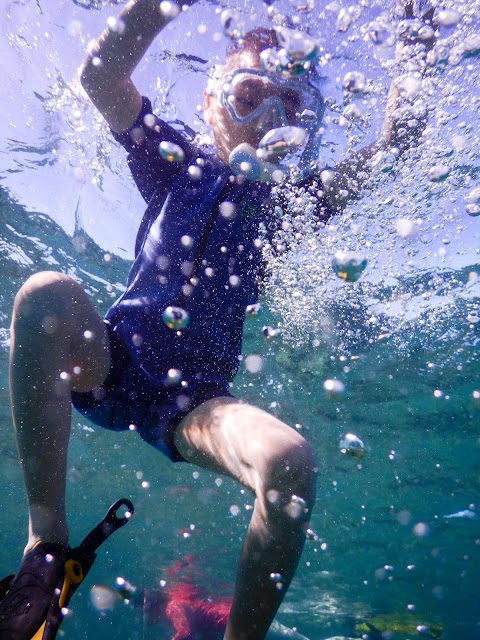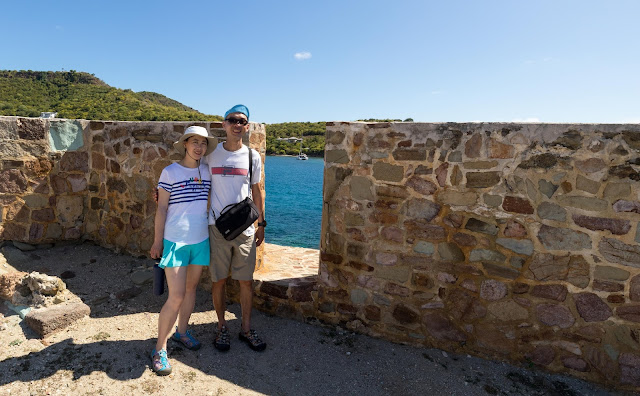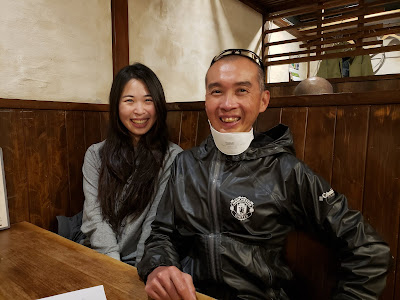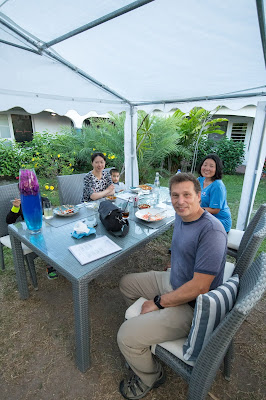I was assigned Principles as part of an onboarding reading. I'd never heard of Ray Dalio or Bridgewater Associates before, and I was dubious about yet another business book. But I gave it a shot anyway.
The first 2/3rds of the book were irritating. I generally agreed with Dalio that the most important thing in the world was to face reality, and that you need to iterate constantly towards your understanding of reality and to challenge your view. But I got very annoyed by his choice of words. For instance, he used "evolve" when he meant "improvement." This is a pet peeve of mine, since evolution doesn't actually have any direction or aim. I was also very annoyed by various statements about how the system he found himself in was a good one. I certainly don't think that viruses or mosquitoes do any good. We just have to live with them. I suppose if you become mega rich like Ray Dalio did, you can't help but believe that the universe you live in must be the best of all possible worlds, even if objective reality of the majority of people living around you says otherwise.
The last 3rd of the book ("Work Principles") were however a treasure trove of great ideas and deep insight. For instance, here's a brilliant section on why you need to talk to your skip-level reports, a major mistake many directors (new and experienced) make:
Probe to the level below the people who report to you. You can’t understand how the person who reports to you manages others unless you know their direct reports and can observe how they behave. f. Have the people who report to the people who report to you feel free to escalate their problems to you. This is a great and useful form of upward accountability. g. Don’t assume that people’s answers are correct. People’s answers could be erroneous theories or spin, so you need to occasionally double-check them, especially when they sound questionable. Some managers are reluctant to do this, feeling it is the equivalent of saying they don’t trust their people. These managers need to understand that this process is how trust is earned or lost. Your people will learn to be much more accurate in what they tell you if they understand this (page 459)
Here's another one about how to properly run a post-mortem:
Avoid the anonymous “we” and “they,” because they mask personal responsibility. Things don’t just happen by themselves—they happen because specific people did or didn’t do specific things. Don’t undermine personal accountability with vagueness. Instead of the passive generalization or the royal “we,” attribute specific actions to specific people: “Harry didn’t handle this well.” Also avoid “We should . . .” or “We are . . .” and so on. Since individuals are the most important building blocks of any organization and since individuals are responsible for the ways things are done, mistakes must be connected to those individuals by name. Someone created the procedure that went wrong or made the faulty decision. Glossing over that can only slow progress toward improvement. (Page 479)
Use “public hangings” to deter bad behavior. No matter how carefully you design your controls and how rigorously you enforce them, malicious and grossly negligent people will sometimes find a way around them. So when you catch someone violating your rules and controls, make sure that everybody sees the consequences. (Page 514)
The book has a ton of common sense, and ultimately, if I'd summarize the theme of the book, it's that the management team need to approach an organization the way an engineer approaches code:
Great managers are not philosophers, entertainers, doers, or artists. They are engineers. They see their organizations as machines and work assiduously to maintain and improve them. They create process-flow diagrams to show how the machine works and to evaluate its design. They build metrics to light up how well each of the individual parts of the machine (most importantly, the people) and the machine as a whole are working. And they tinker constantly with its designs and its people to make both better. They don’t do this randomly. They do it systematically, always keeping the cause-and-effect relationships in mind. (Page 451)
You will note that many management books aspire to inculcate this sort of thinking. One good one, for instance, is the Fifth Discipline. I loved the Beer Game as described in that book, because it made a big deal out of how long feedback cycles derail non-systematic thinking. But the rest of the book didn't cover the practical details of how to build a learning organization, whereas Dalio's book does.
Dalio claims that one key approach that makes Bridgewater different, is that it makes its potential employees take a personality test. The resultant attributes are placed together with your track record to create a personnel summary (I imagine this to be something like a D&D character sheet). Then, when you need a team to do X, instead of randomly grabbing people who happen to be available, you can search through your employee database to find the best matches in terms of personality and track record, much like a team of D&D players might say, "We need a cleric, a bard, 2 fighters, and a wizard."
There's also an emphasis on "believability weighted decisions." The idea is that when making a decision, you want the people with the highest believability about that domain. Dalio claims that the believability is based on 2 principles: (1) having done the task (or similar tasks) at least 3 times before, and (2) being able to explain how and why the decision should be made. This is a nice balance between the dummy "democratic voting approach" or the even more dummy "I'm your boss so I'm going to call this shot for you" approach.
I tried the personality test, and got some results. Unfortunately, it still reads a little bit like a horoscope to me --- too generic and not generally all that interesting.
Nevertheless, I really thought the last 3rd of this book more than paid for itself in time spent reading it. It's in a far better class than books like Beyond Entrepreneurship or The Making of a Manager. Your time will be much better spent reading this book instead of any of those.
Highly recommended.


















